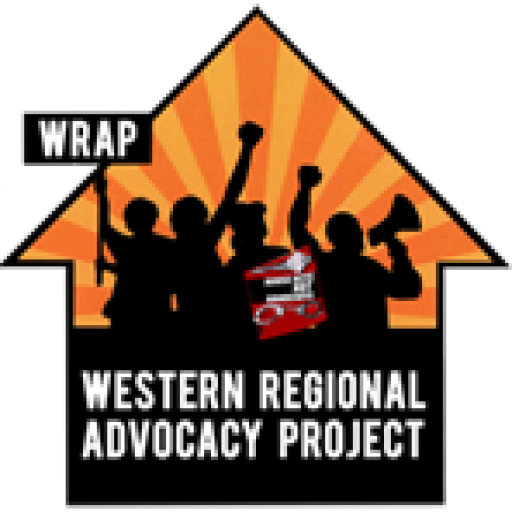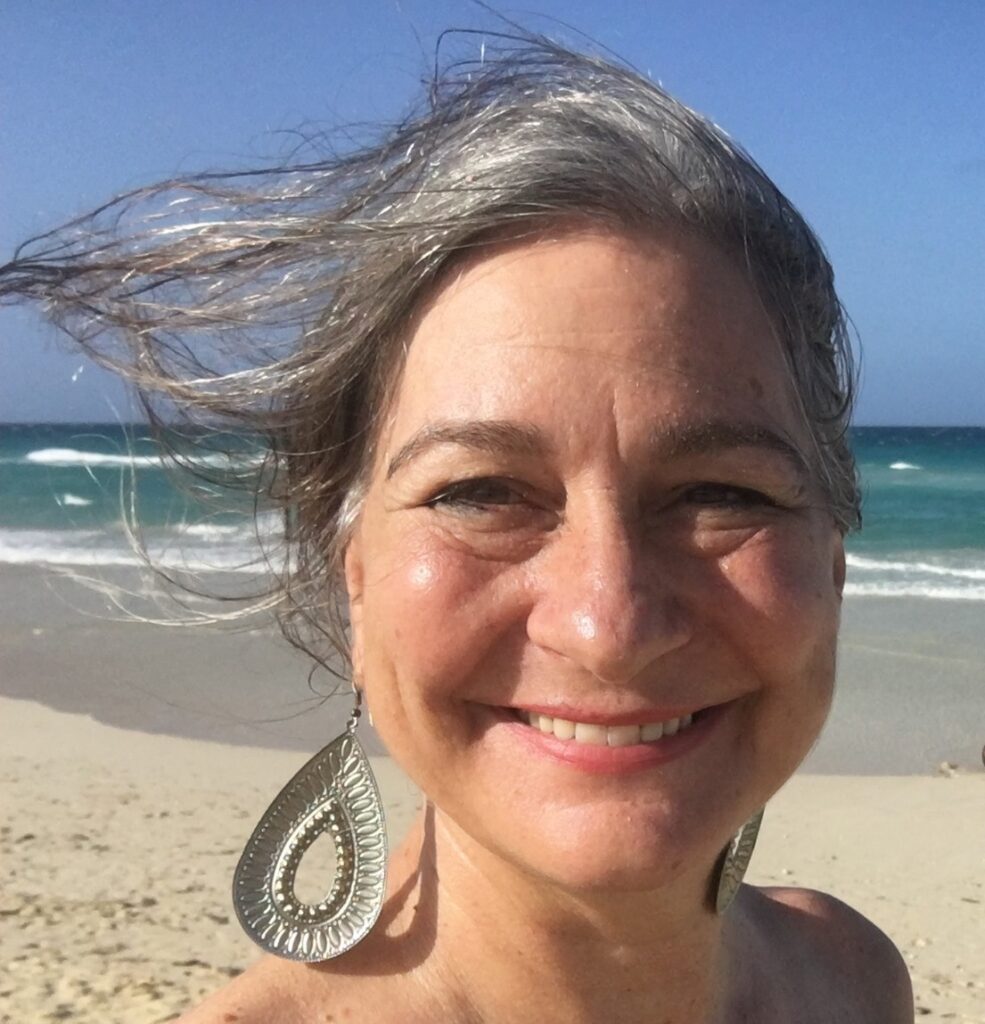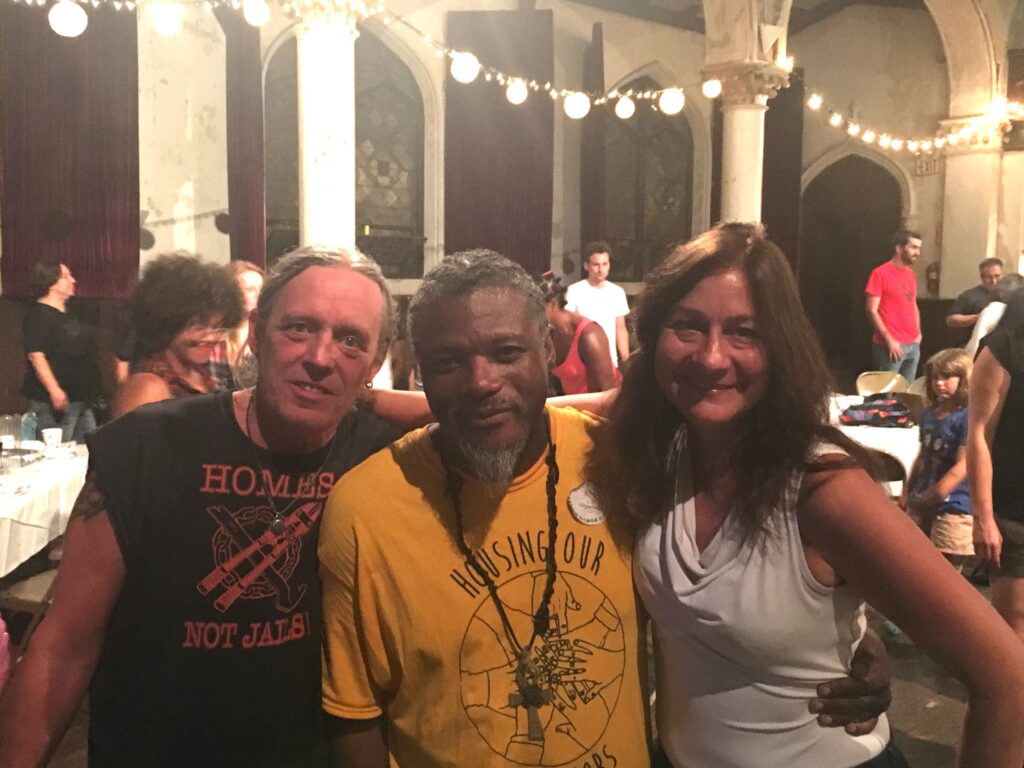How did you meet Paul and get to know the work of WRAP?
I met Paul in 1991-ish when I joined the National Coalition for the Homeless Civil Rights Workgroup calls. Paul was still the Executive Director of the San Francisco Coalition on Homelessness. We were both holding down spots on the board of the National Coalition for the Homeless as “formerly homeless” board members. I was really excited to hear someone else talking about the fact that just because folks have lost their home doesn’t mean they’ve lost their civil and human rights. I was also excited to hear someone else bring a critique of the Reagan administration’s cuts to housing and that homelessness is created by bad public policy.
What’s needed next – how do we push forward together given that fascism and criminalization are worse than ever?
The only way to defeat fascism is by being anti-fascist, not hoping that the fascists will wake up one day and be nice. Arming people with knowledge about different ways to fight back is critical and supporting folks to be connected to other homeless-led groups is also like a lifeline. We have to organize across sectors of race, poverty and ability and migration status, and more, while at the same time not losing the “homeless” thread. Most folks who aren’t homeless (yet) might say “I’m not like THAT person” because of the stigma attached to homelessness, but clearly, we need to highlight who is harmed by current housing and policing policies and build common ground.
What in your opinion is the role/expertise WRAP plays in this moment after 40 years of modern-day houselessness and growing criminalization – but also the growing movement of radical organizations and people’s movements fighting for the world we want?
WRAP is absolutely critical to supporting the growing movement of houseless folks. We need to shine a light on the fact that policies create homelessness and that policies can end homelessness. There are solutions to the housing crisis. It is so important for folks to be connected to others going through similar situations and sharing strategies so that we can organize for real solutions. A lot of radical/progressive movements don’t see homelessness as a part of their struggles and WRAP’s analysis of how we got here is important education for the broader movement. WRAP’s popular education materials are fun and compelling and make people want to learn – like WTF is THIS!
Paul has also been doing this for 40 years – Want to send a love message to Paul – about his impact on your work – and/or about his impact overall?
I fucking love Paul for being so fucking consistent!
Lynn Lewis works at the intersection of community organizing, oral history and popular education, with a focus on supporting and documenting homeless organizing and leadership in social justice movements. She worked at Picture the Homeless for seventeen years and is currently working on an oral history project to document the work of the organization from the perspective of longtime homeless leaders who made that work possible. She has a few decades of working on issues of homelessness, housing and land use dating back to the early eighties. Like many working class people, she and her family have experienced homelessness more than once, but during a time when it was much easier to get back on your feet and get housed again.




